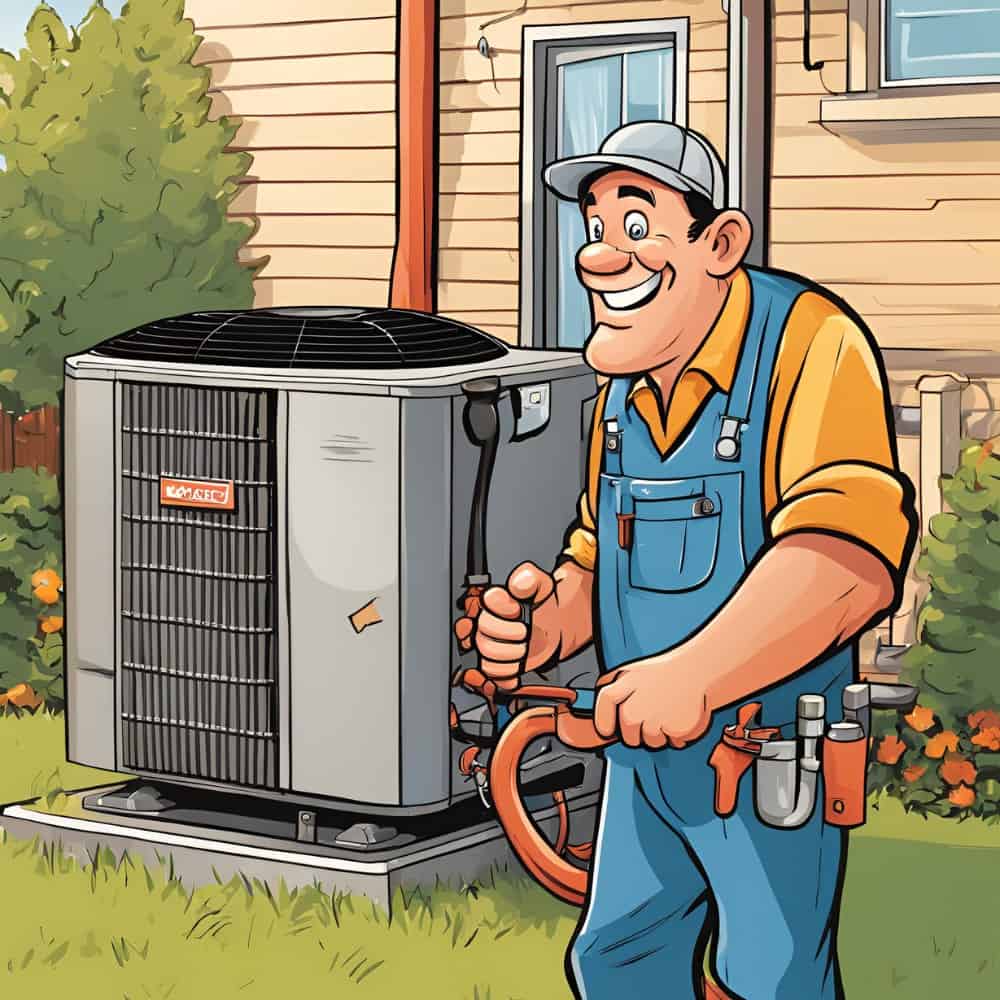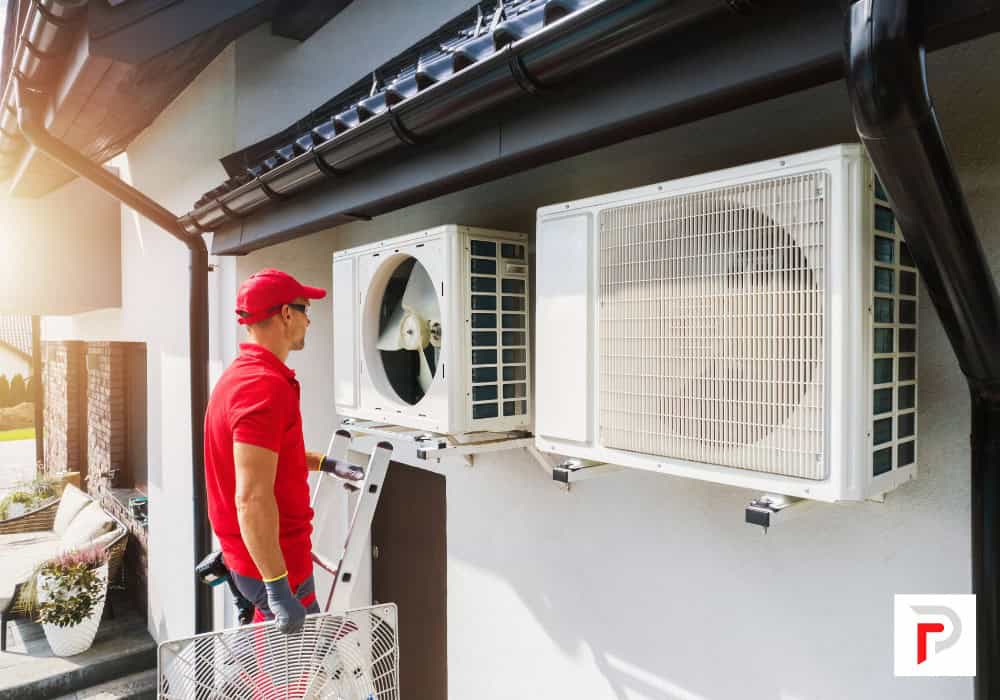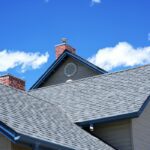An estimated 17% – 19% of U.S. homes will have heat pumps installed by 2025. This means that, even with adoption of new cooling and heating technology, the majority of homes will still rely on traditional heating and cooling systems like furnaces and air conditioners.
However, the popularity of heat pumps has been steadily increasing due to their energy efficiency and environmental benefits, but not without boisterous debate from both professionals in the HVAC industry and progressive customers who long after the latest eco-friendly or loosely labeled “renewable” technology.
But will a heat pump save you considerable money and keep you hot during snowfall and cool during a heat wave? It all depends on the current price of energy (whether electric or gas), the level of government subsidies for heat pump conversion rebates, and the nuances of your specific geographic location, like local weather and typical weather events.
Heat pumps can significantly improve your home’s energy efficiency, but they may also necessitate a comprehensive overhaul of your insulation system, or they may not be completely appropriate to your situation, either. This is due to a lot of factors you should keep in mind when you make your final decision, which we’ll cover today.
Heat Pump Technology: Is It Hype or the Efficient and Practical Future of HVAC?
First, let’s hear from a heating and cooling specialist who is adamantly against the indiscriminate conversion of existing homes to heat pump technology.
To maximize the benefits of a heat pump, your home must first and foremost be well-insulated to prevent heat loss or gain. This often involves upgrading insulation in the attic, walls, and foundation. Additionally, sealing air leaks around windows, doors, and ductwork is crucial to ensure the heat pump operates efficiently and effectively.
A properly insulated home will not only reduce energy consumption but also enhance comfort and overall indoor air quality, regardless of whether you go full-on heat pump or stick with older classic equipment.
While it’s true that some older heat pump models might have struggled in extreme climates, and insulation and building profile are still some of the biggest unaddressed factors a homeowner should be concerned with, modern advancements in heat pump technology itself have significantly improved their overall performance and viability.
How Heat Pumps Have Gotten Better Over the Years
Here are some key factors that contribute to the improved performance of new heat pump technology in severe climates:
- Inverter Technology: This allows the heat pump to adjust its output based on the outside temperature, ensuring optimal efficiency even in cold conditions.
- Hybrid Systems: Combining a heat pump with a gas furnace or electric heater provides a backup heat source for extremely cold weather.
- Advanced Refrigerants: Newer refrigerants are designed to operate efficiently in colder temperatures.
- Improved Insulation: Modern heat pumps often have better insulation and sealing to reduce heat loss.
Another bonus about heat pumps is they work to heat and cool by shifting air around, whereas an air conditioner only cools and a furnace only provides the basis for warm air or heating.
It’s important to note that the best heat pump for your specific climate will depend on factors such as:
- Local weather patterns
- Home size and insulation
- Personal comfort preferences
Consulting with a qualified HVAC professional is the best way to determine the most suitable heat pump for your needs. They can assess your home’s specific requirements and recommend the technology that will provide the best performance and energy efficiency.
Are Heat Pumps Worth It? Some Common Complaints

While heat pumps offer significant energy efficiency benefits, they do come with some logistical considerations. The outdoor unit can generate noise, especially when operating at high speeds. Proper placement of the outdoor unit can help minimize noise disturbances.
Additionally, the location of the indoor unit and buffer tank (if applicable) must be carefully considered to ensure optimal performance and avoid interference with other systems. Factors such as ductwork layout, space constraints, and aesthetic preferences will influence these decisions. It’s essential to consult with a qualified HVAC professional to address these logistical challenges and ensure a successful heat pump installation.
If you’re in the HVAC business yourself, it’s often good to talk to the people who have years of experience to get the real skinny on the latest gadgets and learn how to better serve your client base. This will ensure you build long term loyalty and trust, while helping your community benefit from the latest advances in technology and helping them avoid trendy, but false, solutions.
Heat Pumps Still May Not the Best for Climates With Extreme Weather or Temperatures
While heat pumps are incredibly efficient in mild climates, their performance can be affected by extreme weather conditions. In regions with long, harsh winters or scorching summers, a dual-fuel system might be a more suitable choice.
Basically, as long as gas is cheap, then a traditional gas air powered system outperforms the heat pump as the temperature gets closer to 0 degrees Fahrenheit.
A dual-fuel system combines a heat pump with a secondary heating source, such as a gas furnace or electric heater. This allows the system to switch to the secondary heat source during extreme weather conditions, ensuring optimal comfort and efficiency.
Here are some key benefits of a dual-fuel system:
- Improved performance in severe weather: The secondary heat source can provide backup heat during cold snaps or cool your home more effectively during heat waves.
- Increased efficiency: The system can automatically switch between the heat pump and secondary heat source based on the outside temperature, maximizing energy efficiency.
- Enhanced comfort: A dual-fuel system can provide consistent comfort throughout the year, regardless of the weather.
However, it’s important to note that the decision to install a dual-fuel system should be based on your specific climate, home size, and energy needs. Consulting with a qualified HVAC professional can help you determine the best option for your situation.
Just keep in mind that many HVAC experts already say that, for the average person, the cost of a dual system simply does not justify installation for most people.
Whether You Pick a Heat Pump or Keep Your Old Boiler or Furnace: Insulation, Design, and Seals are Key
Airflow, insulation, and underfloor heating design are crucial factors in achieving optimal heating and cooling efficiency, regardless of whether you choose a heat pump or traditional systems. Proper airflow ensures that warm or cool air circulates evenly throughout your home, preventing hot or cold spots.
A well-insulated home will maximize the efficiency of a heat pump. Poorly insulated homes might require additional energy to maintain comfortable temperatures. Additionally, energy costs can influence your decision. If your electricity rates are relatively low and your gas or oil prices are high, a heat pump could be a cost-effective option. However, this varies by region.
Upgrading or fixing insulation helps to reduce heat loss in winter and heat gain in summer, minimizing the energy required to maintain a comfortable temperature. Underfloor heating can provide a more even distribution of heat, reducing the need for higher temperatures in other areas of the home. By addressing these factors, you can significantly improve your home’s energy efficiency and reduce your energy costs, regardless of the heating and cooling technology you choose.
Additionally, it’s important to think about your home’s overall value and other systems when making big decisions. For instance, ensuring your home’s insulation is up to snuff while optimizing the seals where heated or cool air would leak out can also have an inadvertent benefit for extending your roof’s overall life span.
It’s also worth stating that increasing the real value of your home’s structure and amenities through foundational improvements will only increase your property value, should you sell it someday. Proper insulation is one of those commonly overlooked or neglected things, since most people don’t know what to look for in terms of critiquing a professional installation from a layperson’s perspective, and a trip to the attic often involves uncomfy conditions and unusual dexterity.
Final Answer: Should You Get a Heat Pump?
Whether or not to replace your boiler or traditional A/C and heating system with a heat pump depends on several factors. Climate plays a crucial role; heat pumps are most effective in regions with mild winters. If you live in an extremely cold area, they might not be as efficient, and you may need to supplement them with a backup heat source like a furnace.
However, there are still some notable exceptions.
Some people love their heat pumps, like a few folks residing in New York or the US northeast who have experienced major cold spells since having adopted the heat pump technology in their own homes. It seems some people have found a few months out of the year to give their heat pumps a few months off, which ultimately balances out their heating and cooling costs overall.
- The Three Silent “Profit Parasites” Draining Your General Contracting Business (And How to Remove Them) - February 26, 2026
- Why “Hustle Culture” is Killing Electricians—and How to Bridge to the 8% - February 12, 2026
- The $3M Manifesto: Why It’s Time to Seize the Means of Production (and Put Down the Wrench) - January 22, 2026




